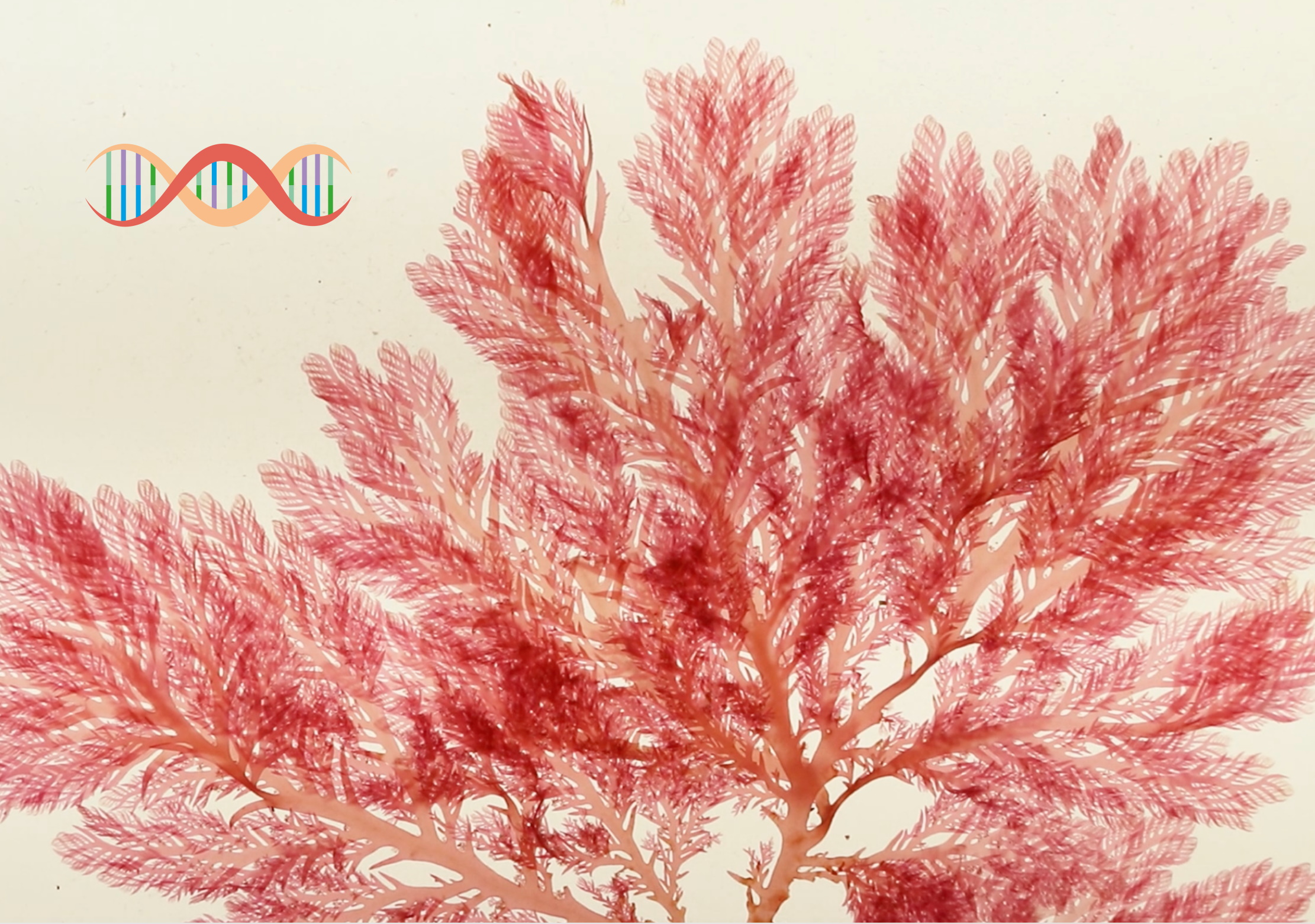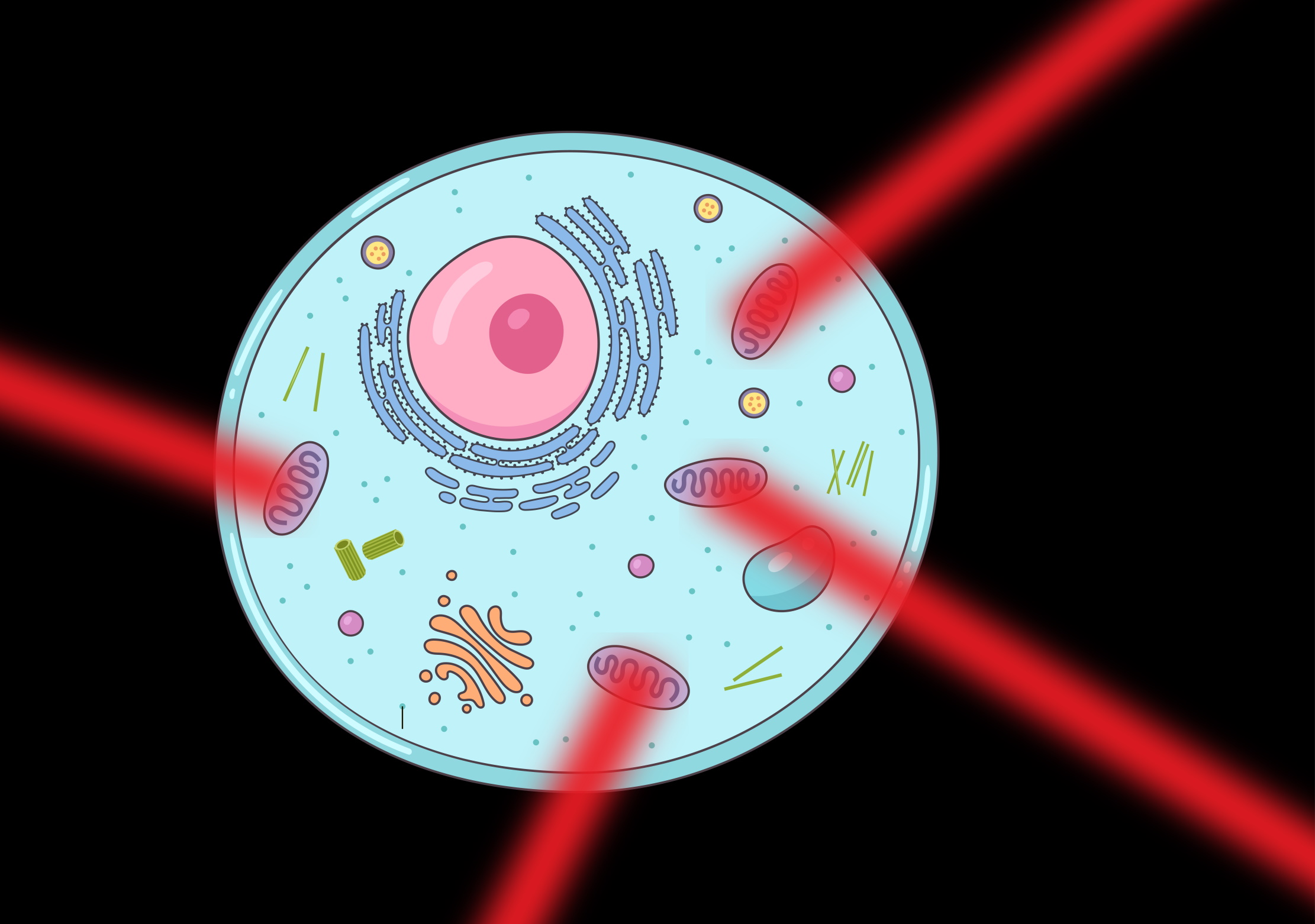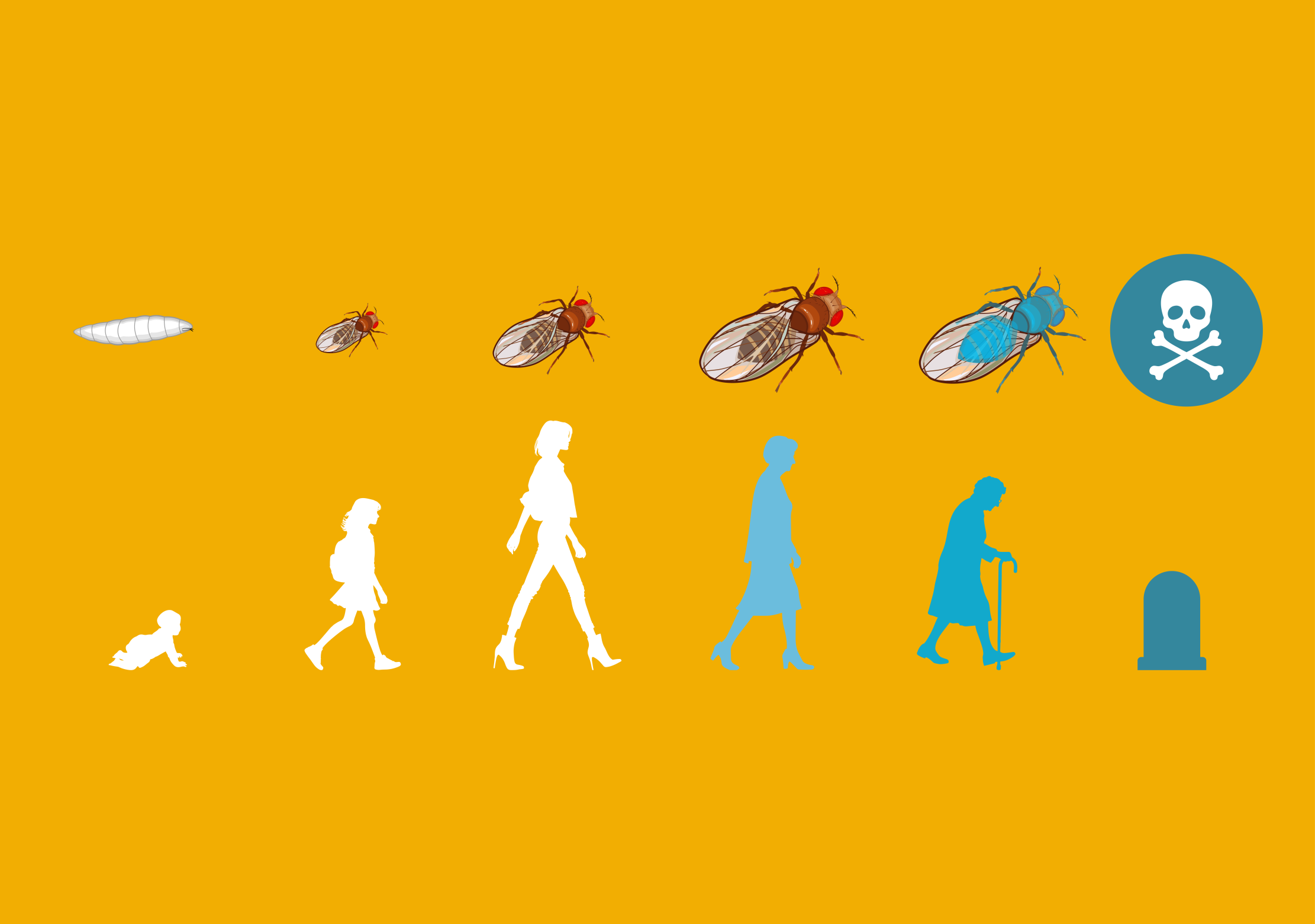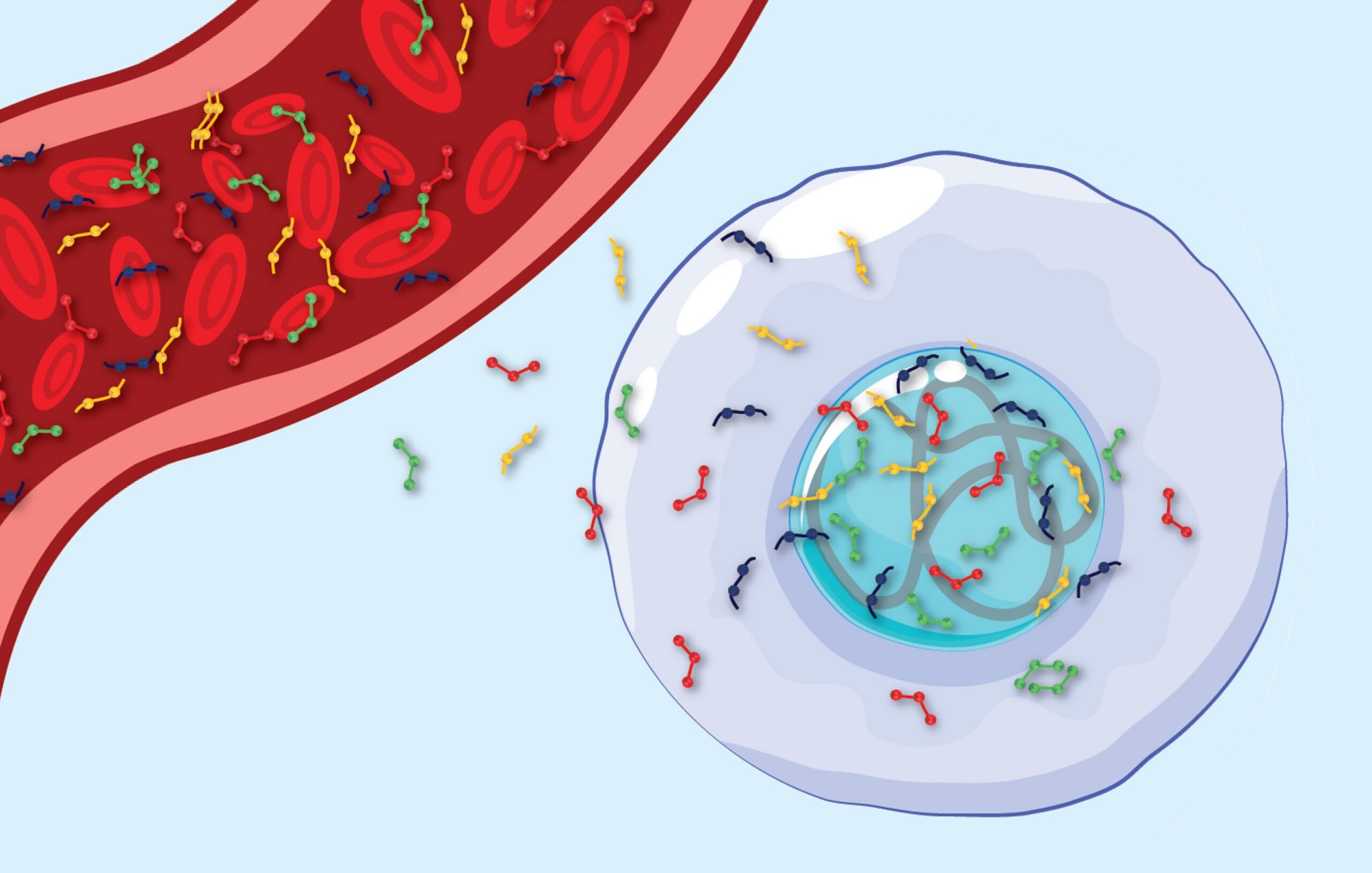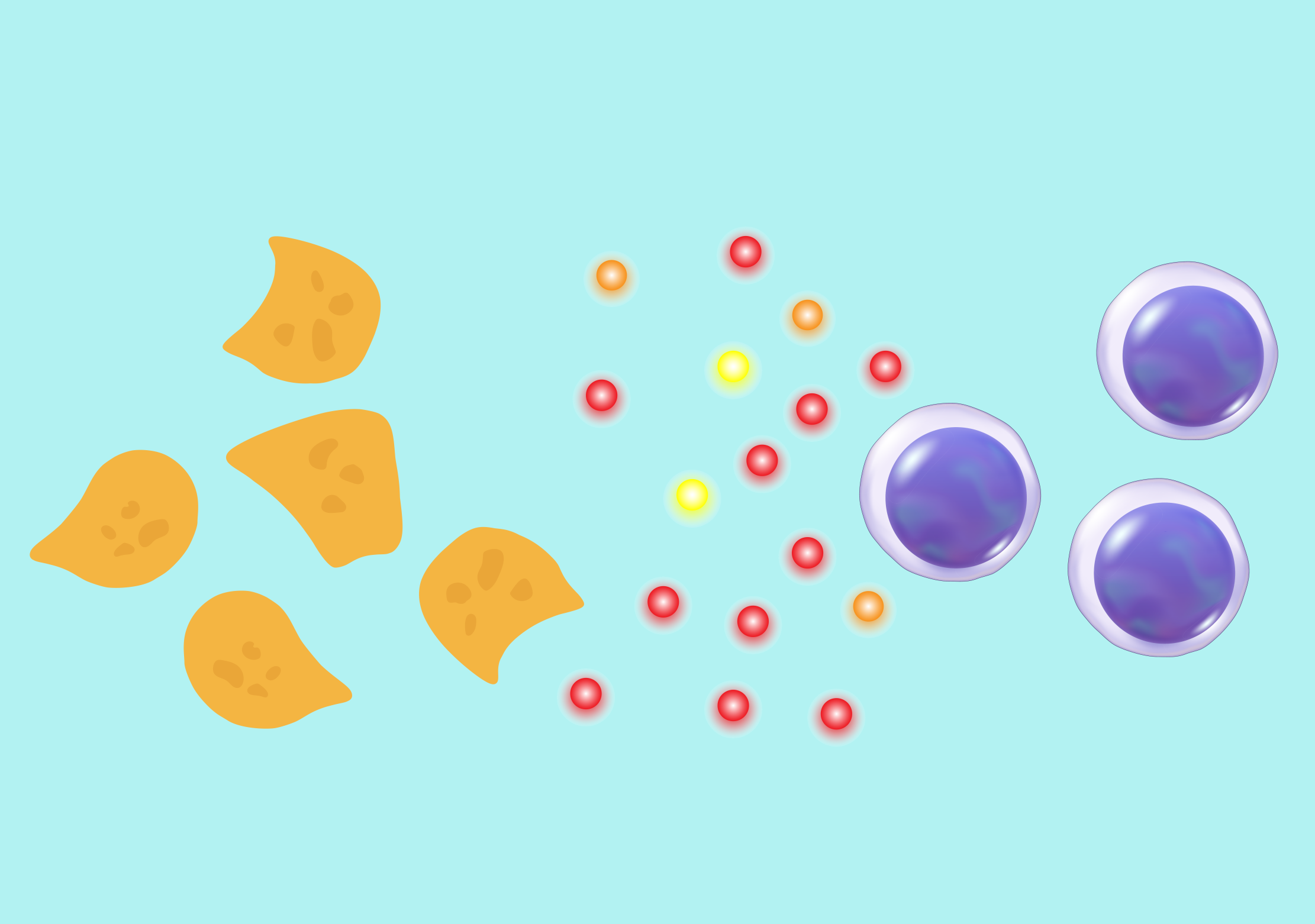VideoPod

About this episode
Based at the University of Macau, the State Key Laboratory of Analog and Mixed-Signal VLSI (SKL-AMSV) conducts cutting-edge microelectronics research. The story of SKL-AMSV is a great example of how to build a world-renowned laboratory from scratch, with limited resources.
Original Article Reference
Summary of the article ‘Building a Microelectronics Research Group from the Ground Up’ in Scientia. doi.org/10.33548/SCIENTIA854
This work is licensed under a Creative Commons Attribution 4.0 International License. 
What does this mean?
Share: You can copy and redistribute the material in any medium or format
Adapt: You can change, and build upon the material for any purpose, even commercially.
Credit: You must give appropriate credit, provide a link to the license, and indicate if changes were made.

